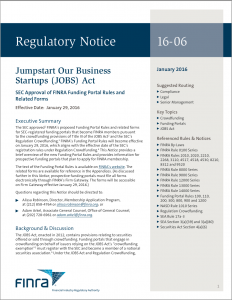Scaling Up: When Equity Matters
Forbes Magazine quotes Kim Wales
September 9, 2016
Kimberly Crupi Dobbins recruited two knowledgeable but silent angel investors. Felena Hanson brought in an investor and partner who would play a key role in her operation. Lucy Postins sold minority stakes to established, expert investors who would protect her sustainability values.
Securing equity investment while female can seem daunting, but these three women and many more are doing it. And with careful thought, research and determination, they’re finding the equity investors and setting the terms that are right for them and their growing businesses.
Most entrepreneurs use personal savings and reinvest business profits to expand. But a truly ambitious plan to scale up usually requires tapping outside capital. For most, that means getting a loan, according to the U.S. Small Business Administration (SBA). However, about 2% of business financing comes from angel investors and venture capitalists. These investors provide what can be sizable sums of money to entrepreneurs looking to seize opportunity in competitive, fast-moving industries, and sometimes supply expert advice and connections too. In exchange, they get a share of ownership and future profits.
Women, though, are quite scarce in the elite equity world. Only one woman raises equity financing for every nine men, according to the National Women’s Business Council (NWBC), and women-owned businesses receive just 2% of all equity dollars, while men-owned businesses receive 18% (equally owned and public companies get the the rest). One reason: Few women are in leadership roles at investment firms — in 2014 only 6% of their top management was female.
It can be a challenge to be the only woman in the room in equity negotiations, said Kim Wales, the founder and CEO of New York management consulting firm Wales Capital, at a recent NWBC public meeting. And women often hold back. “We scale back the vision, we scale back the dollar amount that we’re asking for when we’re raising the capital,” she says. “We should have the biggest idea at the table… We should be very confident in our ability to succeed. We should be asking for the capital up front to really make our visions come live.”











